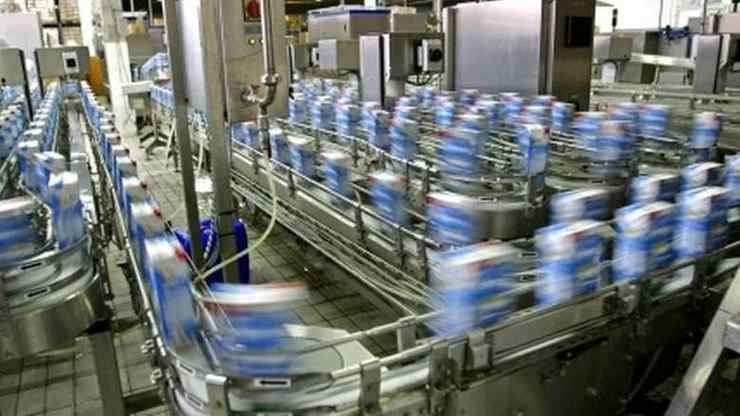The improvement in the sector's health was stronger than the survey average, although it was the second weakest in about a year, according to the S&P Global survey.
The sector's rise was supported by further output growth in October, following a slight contraction in the previous survey period. The pace of growth was notably slower than that seen earlier in the year, with the increase reportedly driven by efforts to build safety stocks of finished goods.
In addition, inventories of finished goods rose for the first time since March 2023, and at the fastest pace since August 2020.
The decline in new orders for the second straight month weighed on the pace of output growth at the start of the fourth quarter.
According to survey reports, the decline in total new sales was driven by weak demand from domestic and overseas customers as new export orders fell for the first time since last November. As observed during each month after August 2023, input prices for Greek manufacturers rose again in October. The companies pointed out in the survey that the increase was driven by higher energy, oil and supplier costs, along with shortages of some inputs. Although strong, the pace of growth was the slowest since April and softer than the survey average.
In line with the modest pace of cost growth, Greek manufacturers increased selling prices at a slower pace in October. The pace of factory price growth was the weakest on record in the current 14 months of continuous growth, as competition held back price increases.
At the same time, Greek manufacturers increased their number of employees at the beginning of the fourth quarter. Job creation followed a small decline in employment levels in September, while the pace of growth was broadly moderate.
The higher headcount supported the fifteenth consecutive monthly decline in the backlog. The limited inflow of new orders also enabled companies to clear backlogs, as work-in-progress fell at the fastest pace since January.
Despite subdued demand conditions, manufacturers' production expectations rose in October. The level of optimism was the highest since May, driven by planned investment in machinery and advertising, alongside new product development.
Limited inflows of new orders and the use of inventories to supplement production led to a reduction in input purchases during October. Greek producers of goods recorded a marginal decrease in both purchasing activity and input stocks. Meanwhile, delays in shipments and transportation led to a further deterioration in supplier performance.















